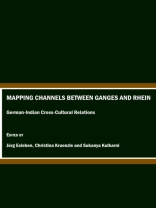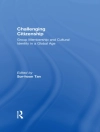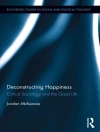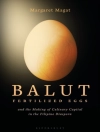From the middle ages to the twenty-first century, India has held a fascination in the German imagination, not only as geographical location, but also as a philosophical and spiritual concept. Similarly, India has long held an interest in German language and culture, including wide recognition of several German authors, philosophers, and Indologists. This cross-cultural interest between the Indian subcontinent and the German-speaking world has manifested itself in literature, linguistics, the performing arts, religion, philosophy, history, politics, and many other fields. Concepts and names that mark some of the channels of exchange and communication between the two cultures include Balthasar Sprenger, Bartholomaeus Ziegenbalg, Kalidasa’s Sakuntala, Herder, the Schlegel brothers, Hegel, Schopenhauer, Heine, Nietzsche, Max Mueller, Hermann Hesse, Rabindranath Tagore, the ideology of the "Aryan, " Subhash Chandra Bose and his affiliation with Hitler, Gandhi, Annemarie Schimmel, Guenter Grass, and others. In recent years, Orientalist Studies, Postcolonial Studies, Intercultural German Studies, and Transnational Studies have given new impetus and directions to the interest in Indo-German relations. The aim of this book is to achieve an overview over the current state and trends of research in this field.
Joerg Esleben & Joerg-U. Kessler
Mapping Channels between Ganges and Rhein [PDF ebook]
German-Indian Cross-Cultural Relations
Mapping Channels between Ganges and Rhein [PDF ebook]
German-Indian Cross-Cultural Relations
ซื้อ eBook เล่มนี้และรับฟรีอีก 1 เล่ม!
รูป PDF ● หน้า 270 ● ISBN 9781527565463 ● บรรณาธิการ Joerg Esleben & Joerg-U. Kessler ● สำนักพิมพ์ Cambridge Scholars Publishing ● การตีพิมพ์ 2021 ● ที่สามารถดาวน์โหลดได้ 3 ครั้ง ● เงินตรา EUR ● ID 9280804 ● ป้องกันการคัดลอก Adobe DRM
ต้องใช้เครื่องอ่านหนังสืออิเล็กทรอนิกส์ที่มีความสามารถ DRM












